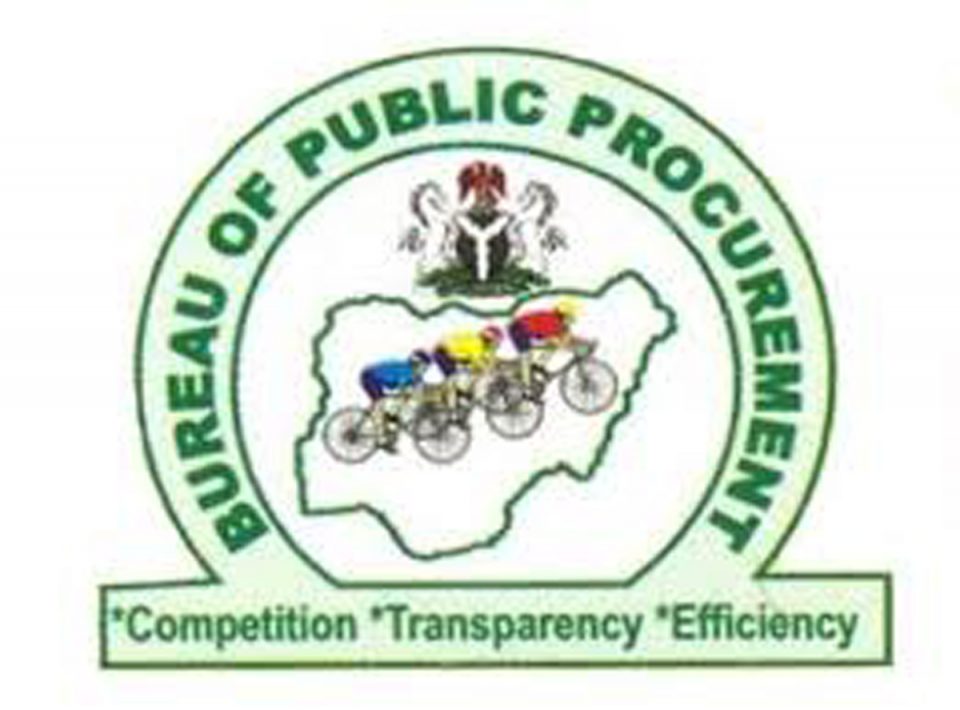The Bureau for Public Procurement (BPP) has said that corruption is fueled by dearth in ethical and moral values in the country.
Mrs Amaka Obinna, Head, Legal Department, BPP said this at the 3rdEdition of High Level Strategic Session and Policy Round-table on the Roles of Stakeholders in the Implementation of National Anti-corruption strategy on Thursday in Abuja.
Obinna said that a lot of corruption cases happened through procurement process fueled by lack of morals and ethics.
“Nigeria’s problem is ethics and morals which results in corruption at all levels, the dearth of morals in our society is alarming and calls for a national orientation.
“Nobody wants to go through the process almost everyone wants to cut corners and this affects a lot of things.
“What we need now is orientation at all levels especially for the next generation so they can change their mindset about corruption.
“This is necessary because even if we fight corruption and recover all the money, if the next generation does not have a good mindset the society will remain the same,’’ she said.
Obinna urged the media to help in propagating issues on morals and ethical values to have a country and a generation free of corruption.
ALso, Prof. Sadiq Radda, Executive Secretary, Presidential Advisory Committee Against Corruption (PACAC) said that the anti-corruption fight was one that had to be won with a strategy, hence the initiation of the National Anti-Corruption Strategy(NACS) .
Radda said that NACS was the government’s initiative to establish national consensus on how to tackle corruption across board.
He urged all ministries, departments, agencies and other stakeholders to key into and undertake the action plan to fight corruption for holistic implementation.
Mr Lukeman Adefolahan, Senior Program Officer, Managing Anti-corruption, Centre for Democracy and Development (CDD) said the motivation for organising the event was to bring stakeholders together on anti-corruption strategy.
Adefolahan said that the strategy had five pillars, with different government agencies to lead on the implementation, for example, the National Orientation Agency (NOA) was expected to handle the re-orientation and ethical values strategy.
He said that on prevention of corruption, the ICPC was expected to lead since its core mandate was on prevention while the assets recovery component would be co-anchored by the major anti-corruption agencies.
Adefolahan said that the challenge had always been that of funding to implement the strategy.
He said that CDD had made available some resources for the secretariat and other anti-corruption agencies to see how they could move on with the implementation.
Ms Lilian Ekeanyanwu, Head, Technical Unit on Governance and Anti-Corruption Reforms (TUGAR) said that the unit alongside other anti-corruption agencies developed the NACS.
Ekeanyanwu said that this was borne out of the need for a strategic approach to fight corruption not only for domestic good but at the global level.
The head of TUGAR said that countries were also required to adopt this approach.
She said that currently, the onus was on the implementation of the strategy adding that the monitoring and evaluation was also ongoing and periodically.




